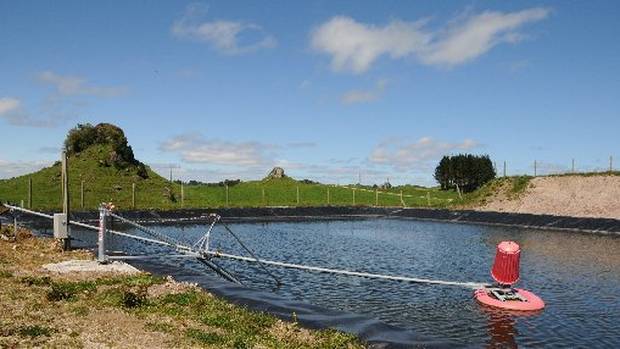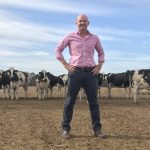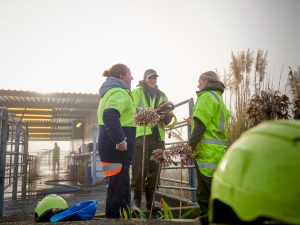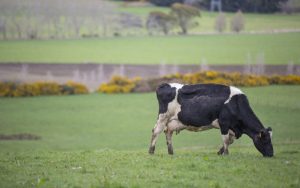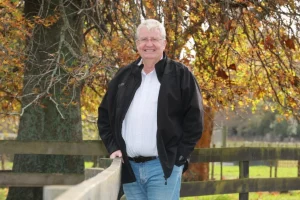
Mr van der Poel said local authorities had his organisation’s full support in encouraging all farmers to meet their effluent obligations.
“We are disappointed, as I’m sure most dairy farmers are, that a few individuals continue to let the sector down through failing to comply with effluent management rules. There is certainly no excuse for repeated offences that could have been prevented,” he said.
“The total fine in this prosecution is significant, and sends a strong message to farmers who need to do better. We support the Waikato Regional Council, and other regional councils, in monitoring and prosecuting farmers for serious infringements of the rules.
“From our point of view, any breach is one too many. Managing effluent is a necessary part of running an efficient dairy system. The sector needs those farmers who aren’t doing the right thing with their effluent management to step up, take responsibility, and make the necessary changes.”
DairyNZ supported farmers with making those changes, and a number of resources were available, including a dairy effluent storage calculator, a farmer’s guide to building a new effluent storage pond and access to accredited effluent system designers.
“The majority of dairy farmers are doing their utmost to make sure they’re doing all they can to protect the environment and the waterways that run on and near their farms every day,” Mr van der Poel added.
“Significant non-compliance for dairy effluent discharges nationally in 2016/17 was 5.2 per cent, the lowest on record, but we realise there’s still a way to go.”
The dairy sector was committed to helping farmers continue to operate more sustainably, and significant changes had been made over the last decade, including fencing off 99.4 per cent of significant waterways.
“The first commitment in the sector strategy Dairy Tomorrow is, ‘We will protect and nurture the environment for future generations,’ and we intend to get all our farmers on track to achieving that goal,” he said.
“Our vision is clear — we want healthy waterways — and we are committed to helping farmers achieve it.”
